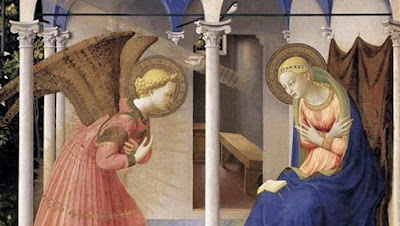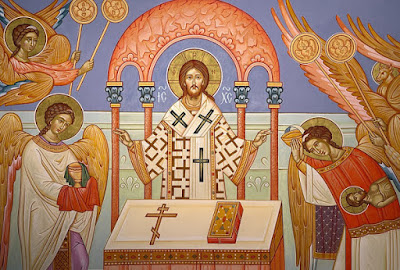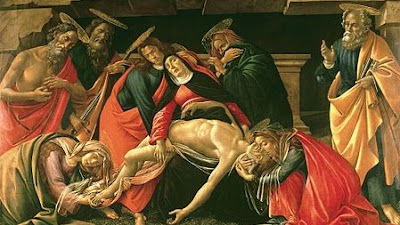Christmas 2017 | The Nativity Of Our Lord
For when peaceful stillness encompassed everything and the night in its swift course was half spent, Your all-powerful Word O Lord, leapt down from Your royal throne. Alleluia. — Wisdom 18:14-15 O God, who marvelously created and yet more marvelously restored the dignity of human nature, grant that we may share the divinity of Him who humbled himself to share our humanity, your Son, Jesus Christ; who...reigns with you. — From the Divine Liturgy of the Nativity of the Lord Almighty God, who sent Your only Son to redeem creation, on this feast of Our Lord's Nativity, enable us, we pray, to attain the joys of so great a salvation and to celebrate them always with worship and glad rejoicing. Loving Father, we duly praise You for Your Son, Jesus Christ, for He is Emmanuel, the Hope of all people. He is the Wisdom that teaches and guides us. He is the Savior of the world. May we imitate Him in every way. We ask this in Our Lord's most holy name. Amen.





